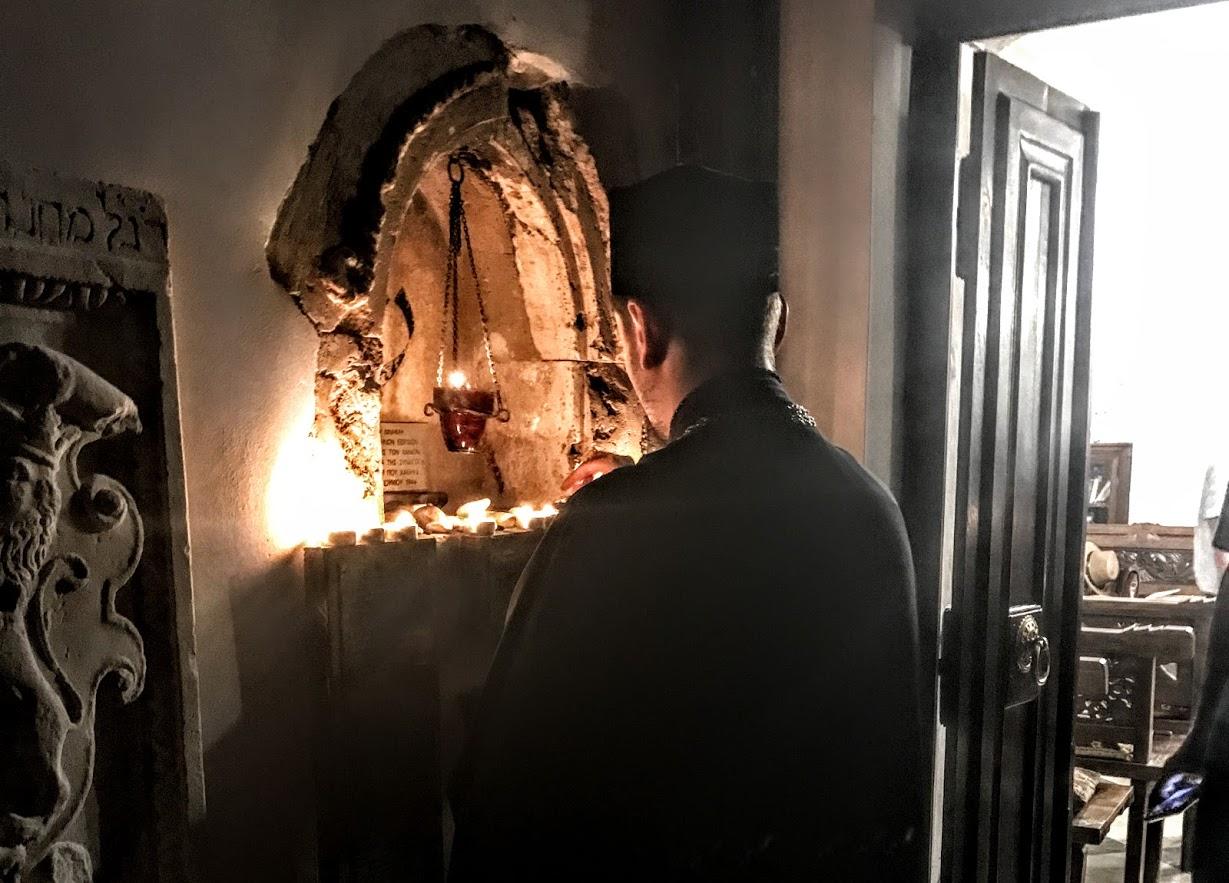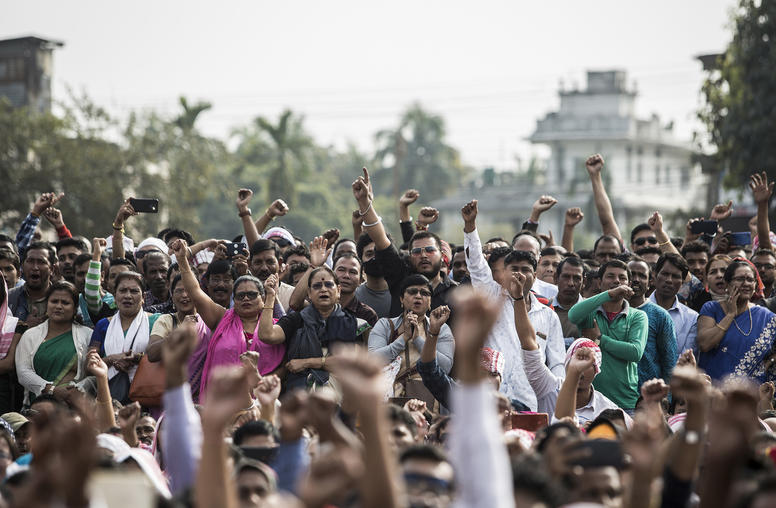Government restrictions on religion have risen steadily in recent years, raising questions about both their causes and consequences. In partnership with USAID’s Center for Faith and Opportunity Initiatives, USIP launched the Closing the Gap initiative earlier this year to more carefully examine these trends. The project, which will take place over the course of 2020, will explore the relationship between freedom of religion, peace, and development through statistical analysis and case studies. The findings will inform a more nuanced, strategic, and impactful policy and practice of advancing religious freedom.

Policymakers and peace practitioners remain unsure of how best to respond to the global decline of religious freedom. A considerable amount of new data on religious restrictions and discrimination has been collected over the past decade.
However, uncertainty remains about the causal relationship between freedom of religion, political stability, and socioeconomic development, as well as how these connections vary across different contexts and when they complement or counteract one another. In addition, government officials and grassroots actors are increasingly asking what role, if any, interfaith peacebuilding and faith-based development activities play in the expansion of religious freedom in divided societies.
The Connection Between Religious Freedom, Political Stability, and Development
The Closing the Gap project aims to shed light on these and other questions surrounding the global rise in religious restrictions in order to inform more effective policy and programming. The initiative consists of two complementary strands of research:
- Quantitative cross-national analysis that will identify broad trends in the relationship between freedom of religion, political stability, and socioeconomic development. This research will also interrogate widely held and highly influential assumptions about the causal relationship between religious freedom and the above-mentioned structural factors.
- Country case studies to explore the causal processes that link religious freedom, peace, and development outcomes in particular contexts. This qualitative analysis will also examine the impact of interfaith peacebuilding and faith-based development in the promotion of religious freedom.
The findings from each strand of research will be summarized and disseminated in a series of publications, internal policy guidance, and training resources for USG policymakers and peace practitioners. Such information is all the more important today, as the prevalence and consequences of religious discrimination continues to grow.
Featured Publication

Combatting Religious Discrimination in India and Beyond
As India’s new citizenship law escalates religious tensions, a new USIP project seeks a comprehensive solution.